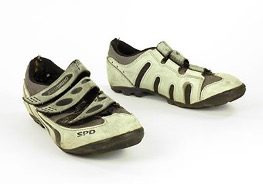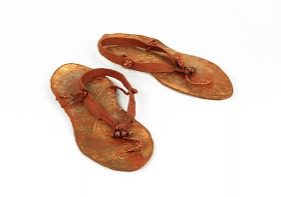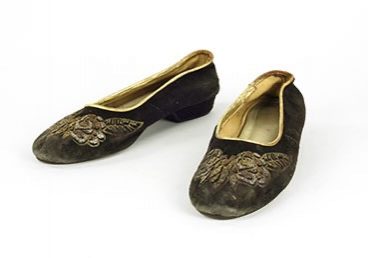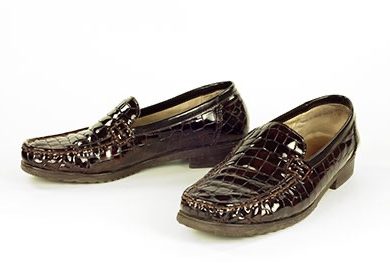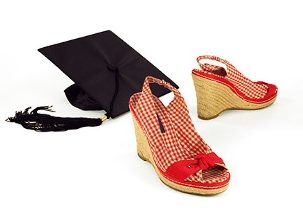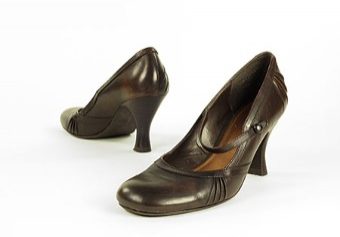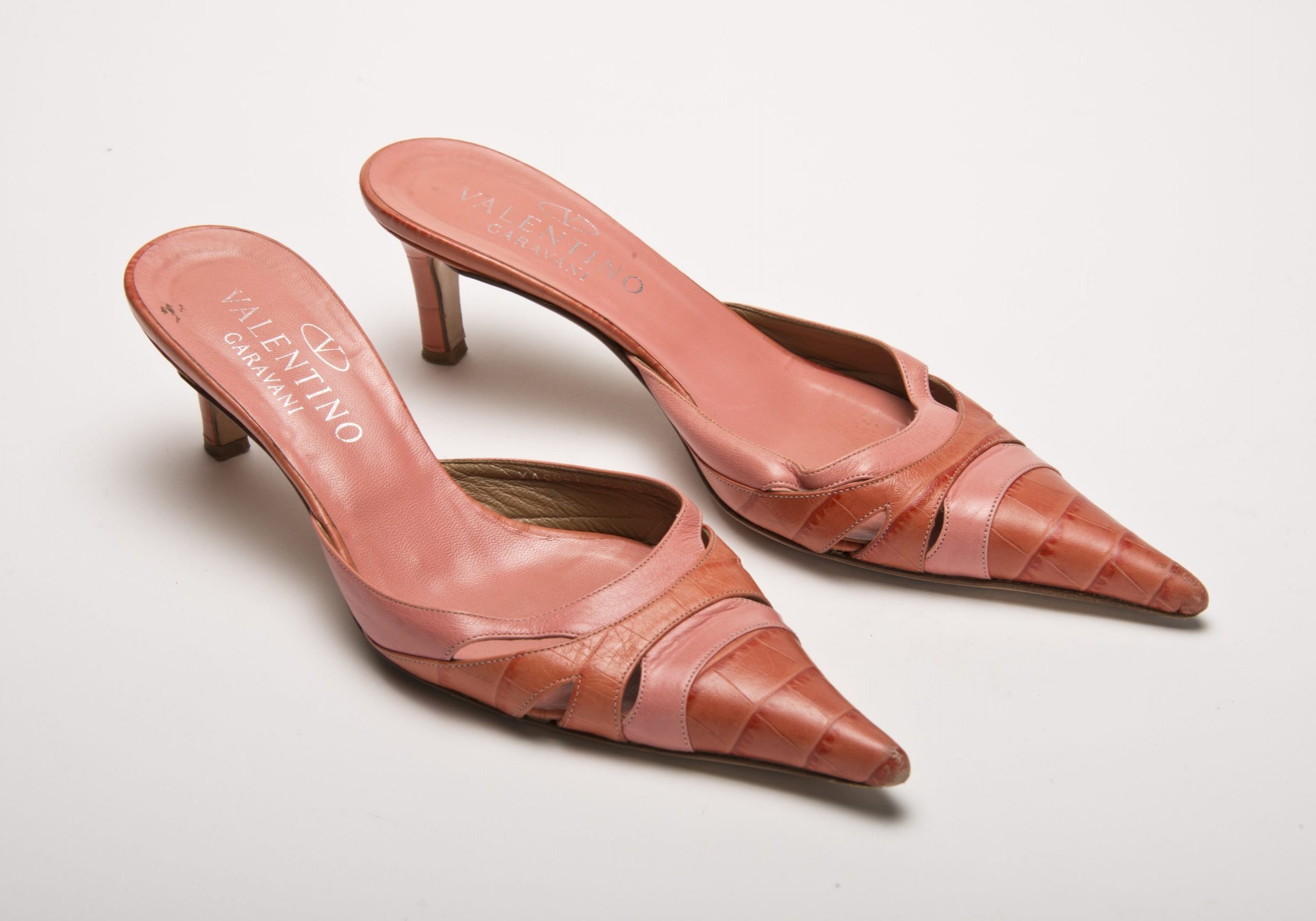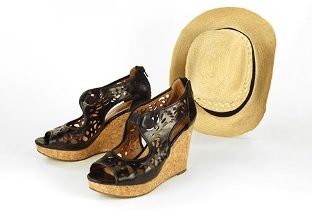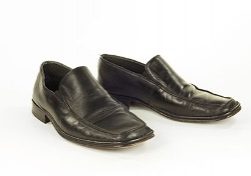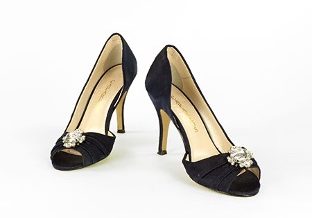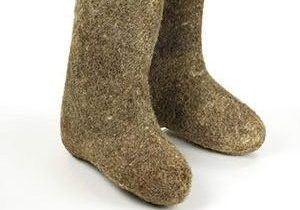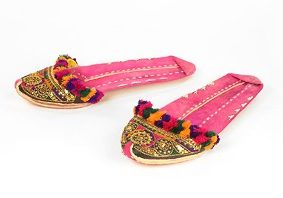My Mother’s Working Shoes
Sayuri Takatsuki
Summary:
My mother works constantly. Each of her days is the same. She wakes up at the same time every morning. She has rice and miso soup at each meal. She has a nap after lunch and indulges in a hot bath every night. In between those times, she works in the farm fields. The shoes she wears in the fields are called chika-tabi. They may not provide much protection, but they are very practical—in the vegetable fields, mountains, and even at a construction site where she used to work. Eighty-five now, my mother showed me that life is not easy.
Story:
My childhood memory of my mother is that she was always working, inside and outside of the house, from early morning until late night.
Because of my grandparents’ job as farmers in Japan, my mother worked in the rice fields in May and June to plant, then in October to early November to harvest. The rest of the year, except for the cold winter months from December to February, she worked in the vegetable fields. People now wear rubber boots when they plant the rice, but many years ago, when my parents were planting rice, they had bare feet in wet and muddy soil. I used to help out when I was in elementary school, and I remember that I had fun.
My family also grew many green leafy vegetables, five different kinds of potatoes, soybeans, red and green beans, peas, carrots, cucumbers, onions, burdock, white radish, oranges, persimmons, green teas, and even cotton. My mother had a day job as well but worked on the farm whenever she had time. When she was not working in the fields, she would go to the mountain behind our house to pick some vegetables such as ostrich fern and, in the springtime, a stem vegetable called huki. In April, she also picked one of my favourite foods, bamboo root.
Before we had a flush toilet, we had just a hole in the floor in the house. I had nightmares about that toilet until around five years ago. The worst job of all for my mother was to carry the waste (stool and urine) in two buckets hanging from a yoke across her shoulders to the vegetable fields for fertilizer. I remembered that she hated this because it spilled over. It was heavy and stank badly.
My mother wears shoes called chika-tabi when she works outside. They are black and made of cotton. The toes are split in two, so the wearer can get a good grip on the ground when working. There are five hooks at the inside of the ankle; the bottom of the shoe is made of thin rubber so that it is easy to bend the foot. They are light and comfortable.
My mother makes homemade pickles with green leafy vegetables, carrots, white radish and Japanese plums. She used to use heavy stones to compress those vegetables, but now that she has a hairline fracture in her lower back, she doesn’t lift the stones. I try to help her when I go home.
We have a family cemetery in two different locations, one with my ancestors; the other is newer. She goes there once every couple of months to change the decoration and to clean the place. Then also, she wears chika-tabi. She is 85 years old today and still goes to work in the fields, although she doesn’t plant rice anymore. It’s hard to walk in wet soil, and it’s a tiring job, bending over all the time.
My life has been very different from my mother’s. I’ve lived more than half my life in Canada. I couldn’t wait to get out of my hometown, as it was in the countryside and I wanted more excitement. However, I now cherish those beautiful views of the mountains and fresh, clean air. I wish my mother had been more adventurous and had gotten out of her nest to see the world. I feel that I am living here in Canada for her as well, to experience what she never did and grow wise and mature. I am forever grateful to her. She showed me that life is not easy and taught me to have strength in myself.
SAYURI TAKATSUKI is from Japan and has been living in Canada since 1983. She has been working as a registered massage therapist in Toronto for 25 years.
Read Other Stories from this Author
Mother's Work
When my parents were young, in Japan, it was normal to have an arranged marriage. They had never met before...
First Step
My niece’s daughter turned one this year in Japan. The family held a traditional mochi fumi celebration for her. She...
